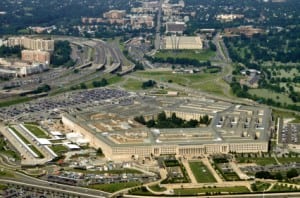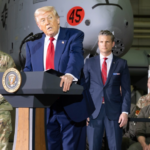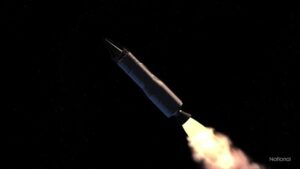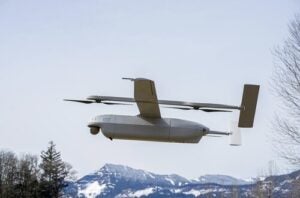
As airstrikes against the Islamic State in Syria and Iraq (ISIL) intensify, President Barack Obama reiterated his strategy to combat the brutal extremist group by training local forces to fight it with the help of U.S.-led air power.Progress has sometimes been slow, Obama admitted. However, coalition forces have has conducted more than 5,000 airstrikes and eliminated “thousands” of ISIL fighters, including senior leaders.“This will not be quick. This is a long-term campaign. ISIL is opportunistic, and it is nimble,” he…













